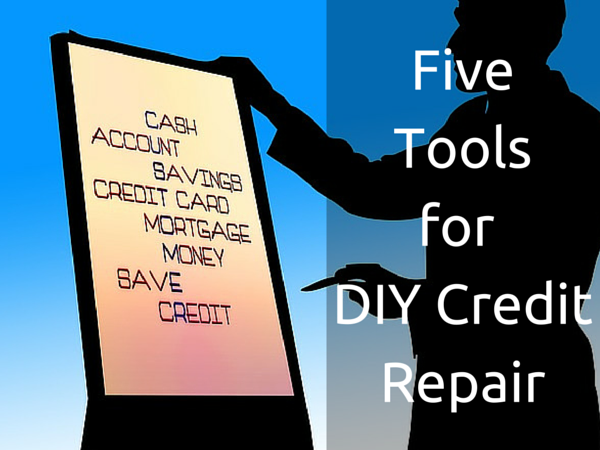Do you worry about finding ways to improve your credit score?
You should, because your financial well-being pretty much rests on it. A better credit score means you get better loan terms and insurance rates.
What’s more, there are employers who check prospective hires’ credit scores now, so it pays to keep your rating healthy.
If your current credit score is low, here are eight things you can do to improve your credit score.
Pull Your Credit Report
Find out where you stand by getting a copy of your credit report. It’s impossible to fight when you don’t know where you stand. It’s a good idea to get a copy of your credit report from accredited agencies. Scan these reports and see if there are any errors.
Errors refer to typographical errors and loans that you have paid off, but are still showing as unpaid on your report, or loans showing on your report that you know are not yours. Make sure you get these corrected immediately.
Pay Off Your Debt
Start paying off your debts. Try to get a good handle on all your debt payments.
Slowly, pay off the items on your list to reduce your debt. It may take some time, but regular payments will reflect on your credit score and show you to be a responsible borrower.
Keep Using Your Credit Cards
Don’t cut up your credit cards just yet.
You don’t have to go cash for everything. In fact, it will help significantly if you use your credit cards for small expenses.
Obviously, don’t rack up serious bills because these will only add to your outstanding debt.
You just need to use your cards from time to time to make sure that credit card companies continue reporting your activity to credit bureaus. Cutting up your cards can actually lower your score.
Be Cautious When Shopping for New Loans
Don’t shop for loans for too long. “Shopping for loans” means making inquiries for whatever loan you may need.
This includes home and car loans. In fact, it should cover the “shopping” for new credit cards, too. This is because too many inquiries over a significant span of time can harm your score. Instead, try to keep your entire loan shopping to within a two week timeframe. This should not affect your score significantly.
Always Pay On Time
Pay all your bills on time.
Late payments affect your score negatively. It’s a good idea to set up timers and reminders if you have trouble remembering when all your payments are due.
Make sure you never forget because late payments, even by a couple of days, don’t just incur fees; they can also harm your score.
Never Max Out a Credit Card
Don’t max out a credit card. This is a major no-no where credit scores are concerned. It’s a bad idea to max out a card.
This is why you need to check your limits before making any more purchases. A good rule of thumb is to not let your outstanding balance add up to more than 30% of your credit card limit. You don’t want to push your score lower, do you?
Be Careful When Consolidating Debt
Don’t consolidate accounts. This is a desperate move — and one that can affect your score negatively. A lot of people transfer their balances when they feel overwhelmed by credit card debt and other loans.
The problem is that this pushes all debt to one account.
It’s better to have several accounts with small amounts to pay off than to have everything in one giant container.
Share Credit Card Accounts Wisely
Be wary of shared accounts. This happens to a lot of divorcing couples. Sometimes, joint accounts can be problematic. Make sure your ex-spouse and you can discuss the responsibilities of paying off debt on joint accounts and closing them down to ensure that no future black marks appear on your credit score.
(PIN IT)






